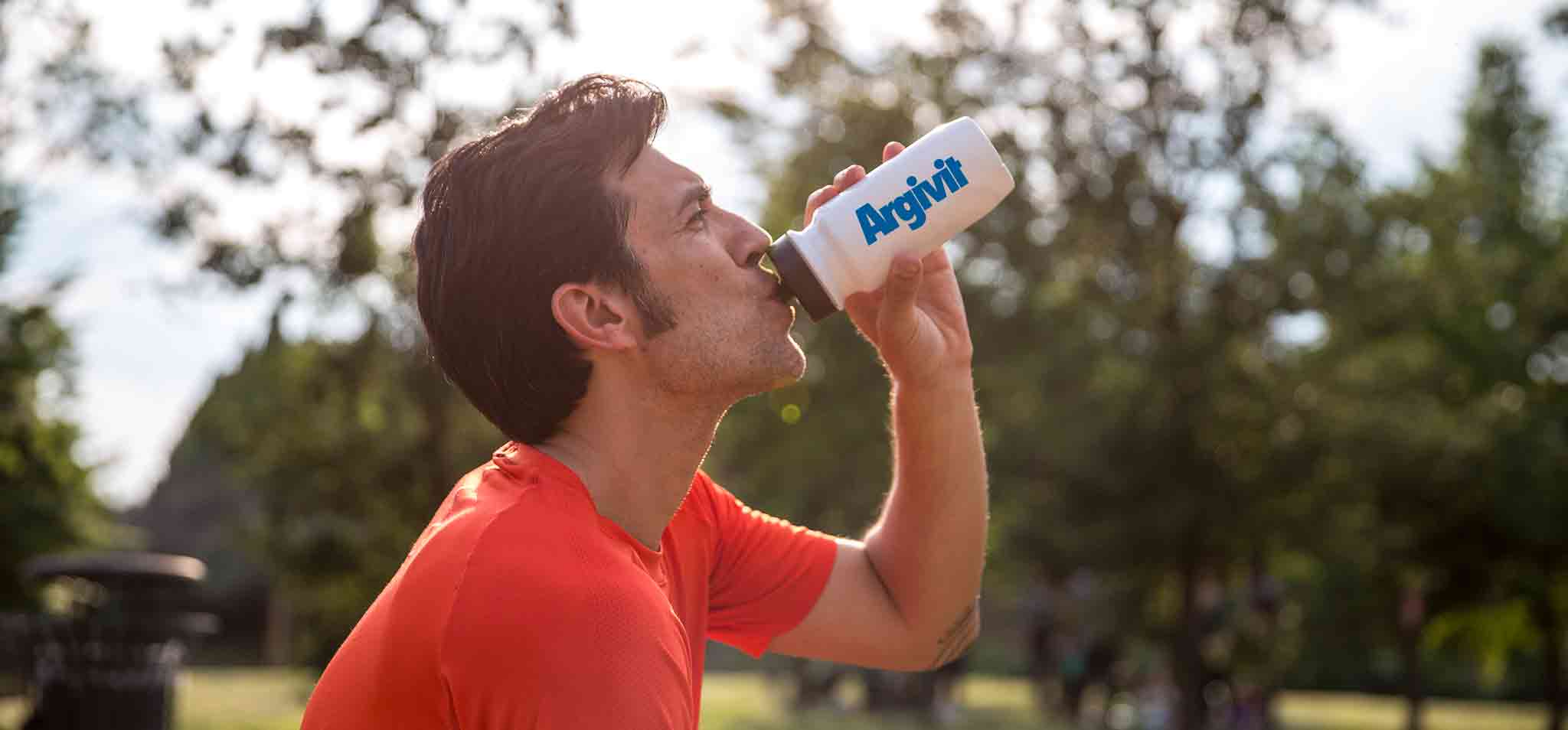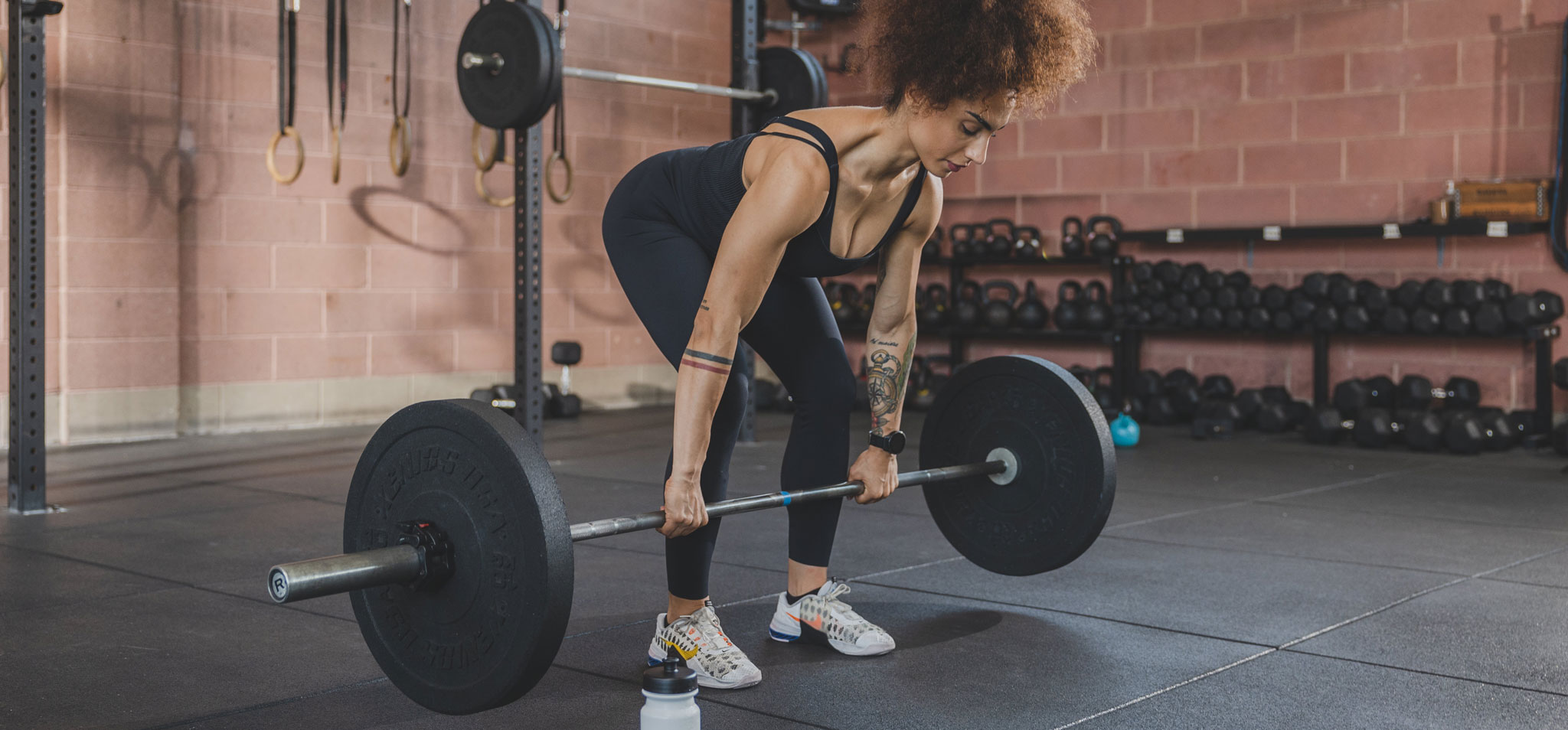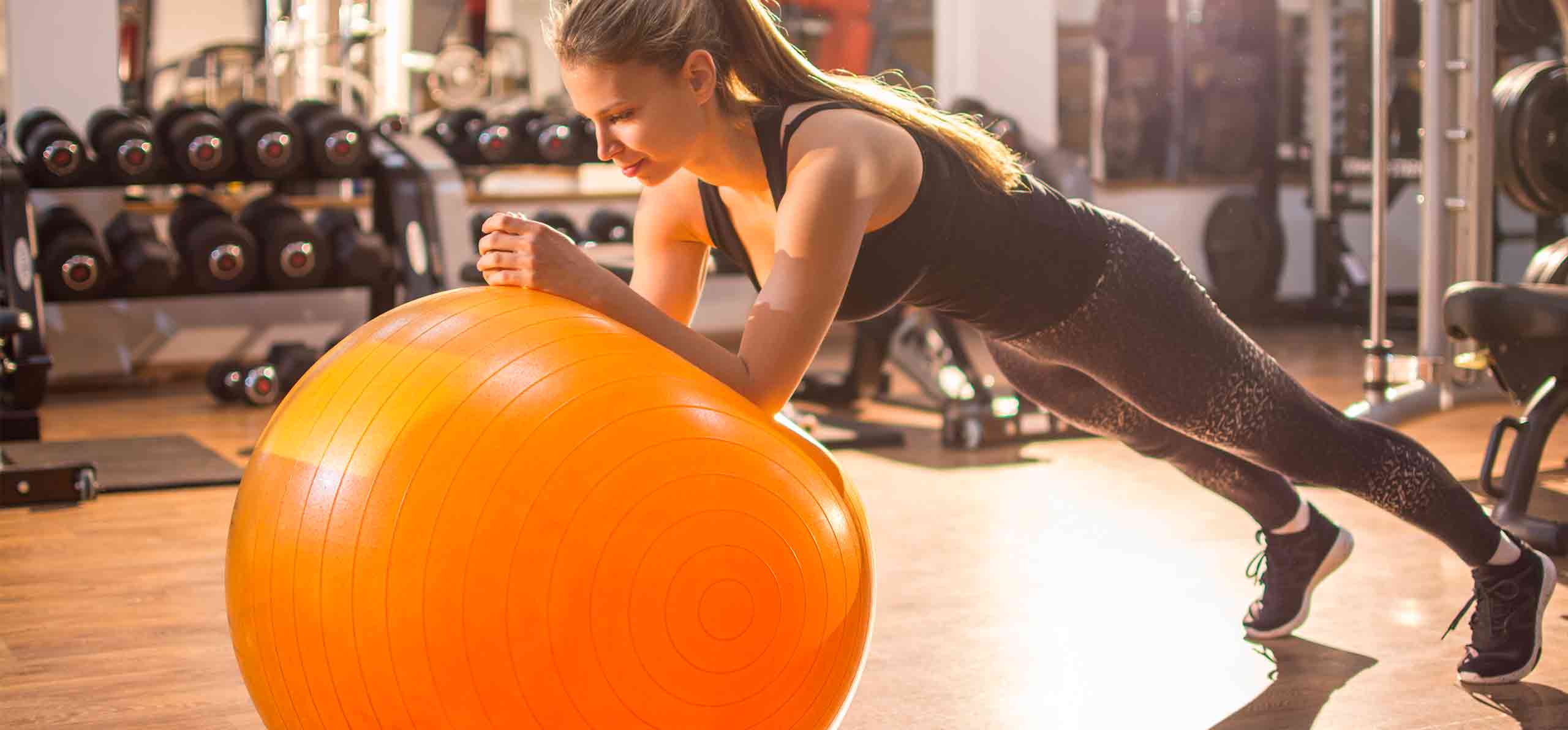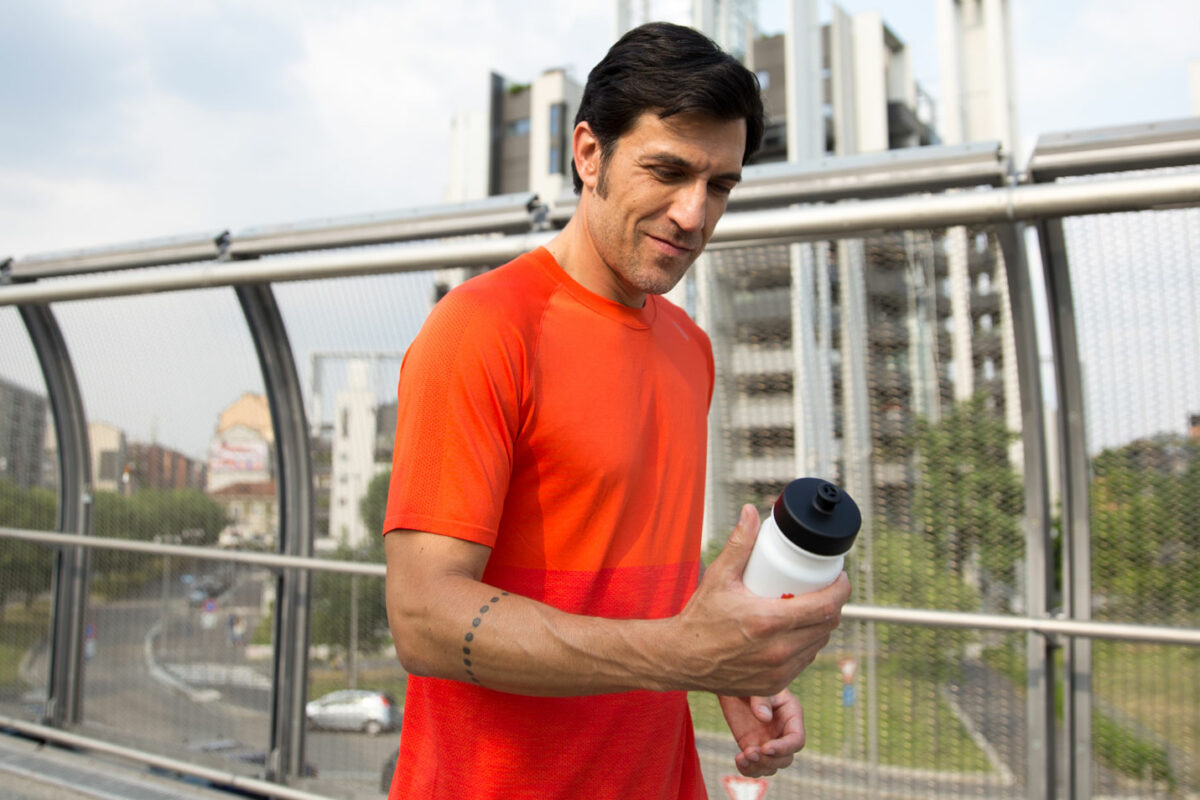How to train in cold weather.

Lovers of outdoor sports often consider winter to be a season in which it is difficult to continue training in, as the low temperatures and overall weather conditions are much less likely to entice us to get out of the house. That does not mean, however, that the only alternatives are to either stay on the sofa or to be cooped up in the gym at best. Exercising in the open air is also possible in winter, provided that some simple guidelines are followed. Surprisingly, exercising outside in cold weather offers some real benefits.
The benefits of training in the cold.
Training in the cold has a number of benefits, both for the body and mind, which can be summarized as follows…
- Beneficial for the cardiovascular system. The low temperatures of the season have a cardioprotective effect for those that tend to train outdoors, regardless of the sport. After all, when it is cold outside, the heart has to work harder, which results in an elevated heart rate that promotes proper blood circulation and tissue oxygenation;
- Increases metabolic rate and burns more calories. Elevated cardiovascular activity also boosts thermogenesis, which in turn increases the number of calories being burned. Exercising in the cold requires us to expend more energy, which leads to the consumption of accumulated energy reserves, fat in particular, thanks to heightened metabolic activity. Studies have shown that training at least four hours a week in cold weather helps to lose weight considerably;
- Allows for increased vitamin D production. Exercising outdoors during the winter leads us to exposing ourselves to sunlight, the latter of which is required for the production of vitamin D in the skin. Even though solar radiation is considerably weaker compared to the summer, it is still enough to kick-start the production of this essential nutrient. The weaker rays of the sun make it safer for us to be exposed to it for extended periods. Larger vitamin D reserves contribute to our overall health. On one hand, they sustain the immune system, while, on the other, they are essential for strong and healthy bones;
- Improved breathing. The air tends to be drier in winter, making breathing easier for many. That, in turn, results in running and other cardiovascular activities being easier, as the feeling of exhaustion typical of hot weather is not as prominent. Of course, that also requires us to dress appropriately in order to avoid coming down with something, as is usually the case in winter;
- Boosts mood. Exercising, and spending time outdoors in general, during the winter months leads to being in a better mood thanks to sunlight, sparse as it may be, and the overall stress-relieving effects of exercise. Indeed, by being physically active, endorphins are released into the bloodstream. The latter are essential in counteracting Seasonal Affective Disorder (SAD), a condition that is tied to this season.
Clothing, warm-up, and hydration.
It goes without saying that in order to benefit the most from training in cold weather conditions, we must be careful. As mentioned earlier, we ought to dress appropriately, being especially careful so as to avoid upper respiratory tract disorders. When it gets really cold, we need to pay special attention to our neck, as it can be quite vulnerable. Additionally, we must be careful about warming up before exercising. The cold tends to cause muscles to tense up, which increases the risk of pulled muscles and muscle contractures. Last but not least, it is important to remember that training in winter also causes us to sweat. We must, therefore, remember to keep ourselves hydrated even if we are not feeling particularly thirsty at the moment.
Nutrition and supplementation for winter athletes.
Another important aspect to consider is, of course, nutrition. As examined previously, being physically active during the Winter leads to higher energy consumption as a result of the stress the body is subjected to due to the low temperatures. We should thus be careful with our diet that, unlike during the summer, can be more nutritious though balanced and rich in fiber and vegetables all the same. Minerals and vitamins are also important, and can be found both in our food and in sports-specific dietary supplements at this time of year. The nutrients to always consider when training in cold weather include…
- Magnesium. This mineral is always important, even more so during the cold months as it is an invaluable ally for athletes. Indeed, it is known for its effectiveness in counteracting fatigue, as well as boosting immune defenses. Thanks to the effects it has on the immune system and muscles, it is able to optimize the use of energy stored by the body and aid in the transmission of neuromuscular impulses;
- Potassium. Yet another essential nutrient for muscles that helps in counteracting fatigue when training for long periods in the cold. Indeed, it acts at the muscle metabolism level. It can prevent physical weakness in periods of heightened energy use but also during the recovery phase. During winter, its effects allow for the prevention of muscle cramps, which tend to be more common in cold weather, especially in the event of an inadequate warm-up.
- Vitamin C. An essential vitamin for the immune system, that allows us to protect ourselves from upper respiratory tract infections that are often more prevalent in winter, especially when exercising outdoors. Its antioxidant effects safeguard us from the fatigue that many often cite as the deterrent to exercising outside during the winter. Furthermore, it also helps in combating the fatigue that sets in post training.
- Arginine. Another nutrient that helps us to feel less tired, and it is actually invaluable in winter when muscles have a harder time contracting. As an amino acid, it is essential for protein synthesis and is converted into nitric oxide, a molecule that allows blood vessels to dilate and thus supply nourishment to the muscles more effectively. Arginine is also known for supporting the immune system, especially among athletes. Scientific literature recognizes that the synergistic effect between vitamin C and arginine is beneficial in regulating immune response, making this combination especially important for fighting off common infections during these months.
- Creatine. Found in abundance within muscles, it plays a crucial role in supporting their strength and function. It combats fatigue and proves beneficial when training in adverse and extreme weather conditions, or after suffering a sports injury. Its benefits, however, also very much extend beyond the cold months and prove invaluable when transitioning from one season to the next, as the stress our body is subjected to during those periods leaves us physically weaker.














